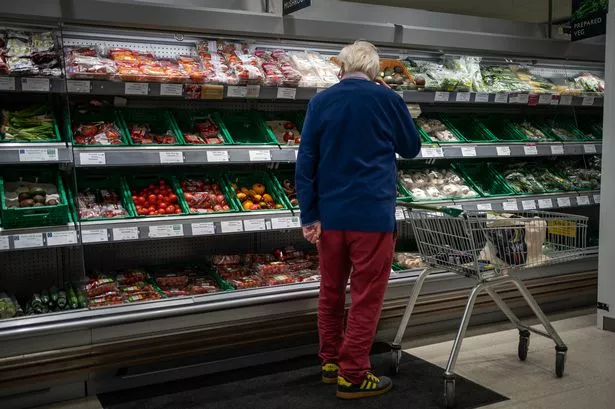Inflation Falls to Lowest in Three Years
UK’s inflation rate fell to 1.7% in the year leading up to September, marking its lowest level in over three years, according to data from the Office for National Statistics (ONS). This decline, primarily driven by falling airfares and lower petrol prices, caught economists by surprise.
While the Bank of England had targeted a 2% inflation rate, economists initially predicted a slight drop to 1.9%. However, the sharper-than-expected drop to 1.7% has raised new discussions about the country’s economic direction.
Join our WhatsApp ChannelPolicymakers Consider Interest Rate Cuts
The lower-than-expected inflation is likely to prompt the Bank of England to reconsider its monetary policy. In response to the inflation drop, Darren Jones, Chief Secretary to the Treasury, said, “The reduction in inflation will be welcome news for millions of families across the UK.” With living costs showing signs of easing, families are expected to experience some financial relief, especially in a period of economic uncertainty.
As inflation remains below the Bank of England’s target, policymakers are considering further interest rate cuts. Economists suggest that this move could help boost economic growth. “We are likely to see another interest rate cut next month,” predicted an analyst from the Institute for Fiscal Studies. Lower interest rates could make borrowing cheaper, stimulating spending and investments to support the UK’s economy.
Economic Relief but Ongoing Challenges
Despite the positive development, Jones acknowledged that there are still significant challenges. “There is still more to do to protect working people,” Jones added. “That’s why we are focused on bringing back growth and restoring economic stability.” The lower inflation rate, though welcome, does not fully resolve the broader issues facing the UK economy, such as stagnant wage growth and uncertainties surrounding trade agreements.
READ ALSO: Nigeria’s Inflation Rises To 32.70% in September As Food Prices Continue To Soar
In addition to the impact on households, the government will adjust benefits based on the September inflation rate. Many social benefits, including those for low-income families, are expected to rise by 1.7% starting in April 2025. This adjustment could provide extra support to those hit hardest by the economic changes, offering a measure of relief as inflation decreases.
Inflation’s Impact on Daily Life
For consumers, the drop in inflation means slower increases in the cost of essential goods. Petrol prices and airfares, two factors that contributed to the decrease, have become more affordable. For instance, petrol prices fell by 4.8% over the past year, helping reduce inflationary pressures.
Households have been struggling with rising living costs, but the recent easing may offer some breathing room. “We’ve noticed food prices still rising but not as quickly as before,” said Janet Wright, a shopper in London. While the decrease in inflation won’t immediately affect all expenses, many consumers feel hopeful about more stable prices in the near future.
What’s Next for Inflation?
While the drop in inflation is encouraging, experts warn that inflation rates can still fluctuate based on external factors like global oil prices or trade issues. The coming months will reveal whether the 1.7% figure represents a lasting trend or a temporary dip.
With policymakers already discussing the next steps, the inflation rate will likely influence future decisions on interest rates, household benefits, and broader economic strategies. Whether this marks a turning point in the UK’s economic recovery remains to be seen. For now, consumers and businesses alike are keeping a close eye on inflation’s trajectory, hoping for a more stable financial landscape in the months to come.
















